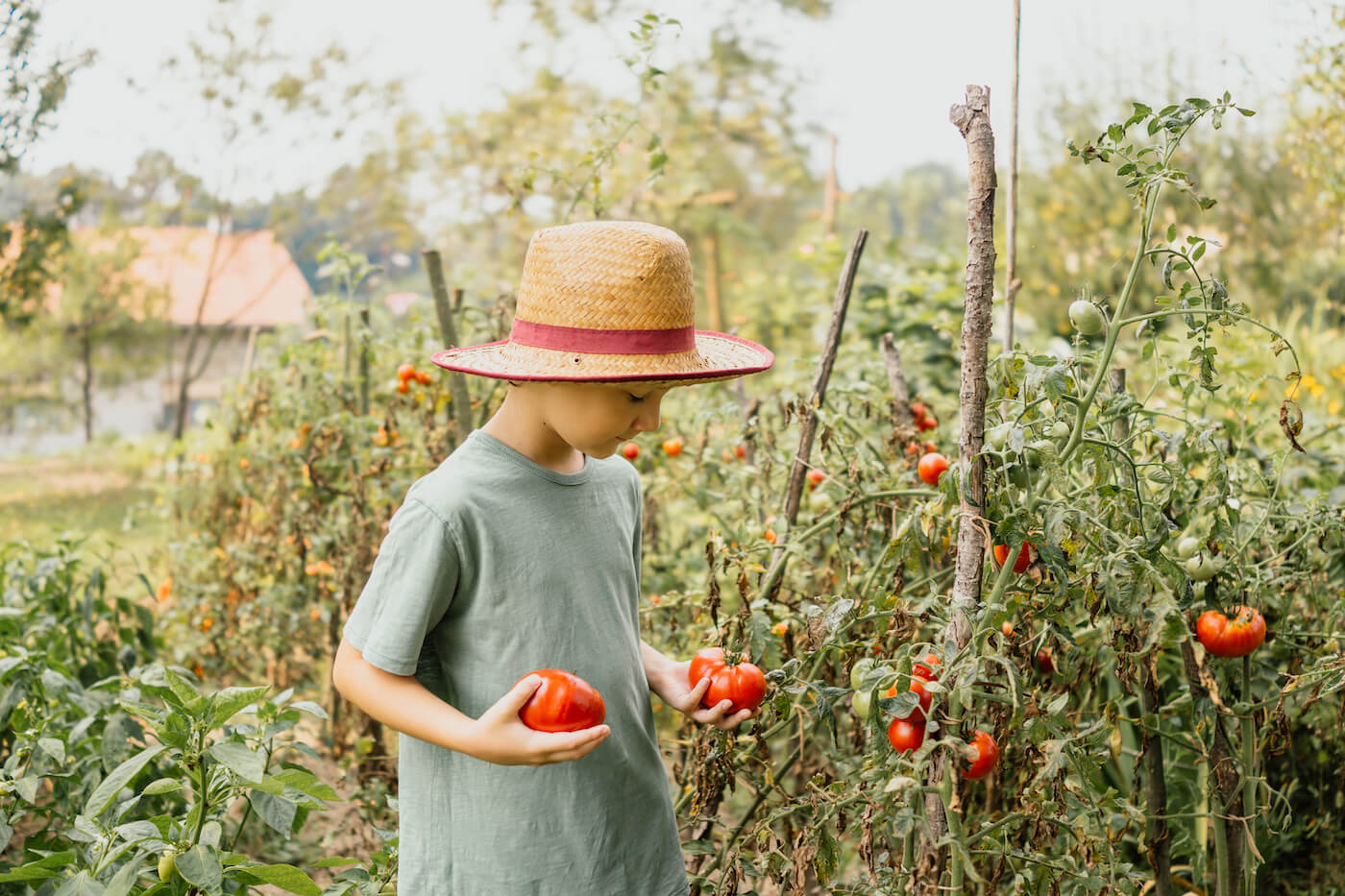Not all of us have influence to change the environment around us like governments, but we all can do small changes that create momentum. So, if you are wondering how to begin going organic. The benefits of living an organic lifestyle far more extend just your personal health.
You would be surprised how your choices in supermarkets influence the whole supply chains. Whether it’s buying a few fair trade products or eating completely organically. It all helps make a big overall change.
Nowadays, making moral conscious choices matter more than ever. We often hear, vegan this vegan that. Some of it is just a marketing boom, but some of it is truly important to create a sustainable environment around us and for us.
You might be thinking, organic is not that important and what one can do about it. But if you check the big context, eating organic foods gives more dignity to humans, animals, local ecosystems and finally the global environment.
Here are my few ideas to get you started with an organic lifestyle.
Start eating organic foods
The choice of your food matters. Try swapping conventional foods to organic labels. It is a great way to start living more sustainably. It also gives you a healthier gut, supports immunity and saves your body of antibiotics and pesticides.
How does the organic supply chain work ?
If sellers want to put an organic label on the product they must undergo a whole process of meeting the high standards. The inspection checks the whole supply chain. It all must be organic from seeds to you.
Good example is butter. It is made out of milk which we get from cows. They eat grass. So it all has to be organic. The grass means no corn. Cows also have to be raised on grassy lands.
Finally the factory has to obtain the machines that do not harm the milk when creating butter. Then we get it in super markets. If any of the mentioned steps is not done, the company can not get the organic stamp.
Of course price is higher, but in that case you can try other strategy:
- Try frozen, canned food. It is usually less expensive
- Buy seasonal foods from local markets. These farmers usually use organic ways to produce foods. They just don’t have it certified organic, because it costs quite a lot.
- Select organic foods that you eat. Some are just slightly higher in price.
Learn to read organic labels
Have a look at what you put in the shopping basket. It gives you an idea if what is inside is sustainable and safe for the environment.
Farmers and manufacturers strive to bring transparency to their products. You can also recognize the USDA Organic logo, Fairtrade logo, free range logo, free of GMO. Or you can simply recognize all the ingredients in the product.
Organic lifestyle at your home
A lot of our household products are not foods, but there are many organic options to consider. For example textiles. You can find organic towels, clothing made from organic fibers free from toxic chemicals, pesticides, GMOs or fertilizers.
Or cleaners and personal care products. There are more and more companies manufacturing organic products. Some of them are not even expensive and save your skin from a lot of trouble. So select the ones that aren’t harmful for you.
Get in touch with local food producers
Food that is grown using natural, sustainable agricultural practices does not always have an organic label. Finding out for yourself about food production in your region can get you to better understand where your food comes from and make informed choices.
Learn more about the organic practices of farmers in your area by talking to them at a farmer’s market, scheduling a farm tour, or even sharing on social media. You might even get some ideas and tips for growing your own organic garden.
Conclusion: Organic lifestyle is fun
Organic living is a way to have fun and share your love of an organic lifestyle, so you can keep the momentum going all year long.Also feel free to organize organic picnic, or start a group that swaps organic recipes or does bulk shopping. Engage with your friends and family.
Take advantage of seasonal local farmers and host an innovative party. This way you can create awareness for you and others about the benefits of organic produce.
Switching to an organic lifestyle does not have to be a complicated or expensive process. Just keep in mind that it takes time to find out what works for your lifestyle and budget.



